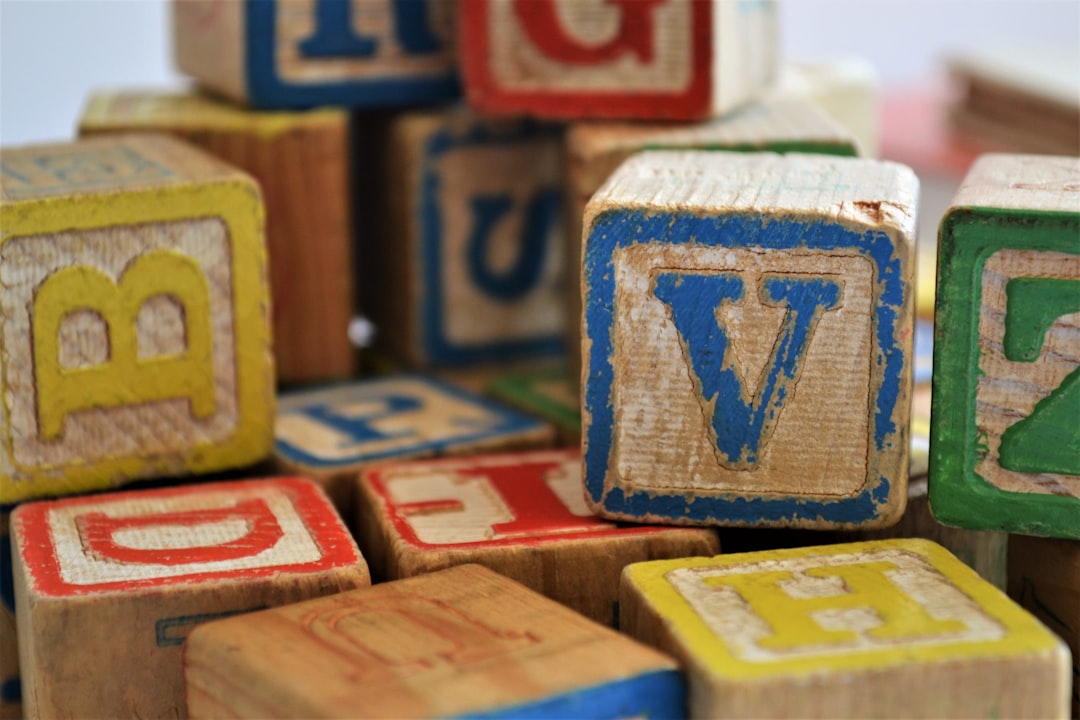(Valid for one time)

Educative Toys vs. Traditional Toys: Which is Better?
Welcome to a debate as old as time: Educative toys versus traditional toys. The question really comes down to this – which type of toy is better for your child's development: the classic toys that have stood the test of time or the educational toys designed to stimulate learning and creativity?
The Role of Play in a Child's Development
Play is a crucial aspect of childhood. It is through play that children learn about the world around them, develop crucial skills, and explore their creativity. Traditional toys like building blocks, dolls, and puzzles have long been a staple in children's playrooms. These toys encourage imaginative play and social interaction, allowing children to learn important social and emotional skills.
The Appeal of Educative Toys
Educative toys, on the other hand, are specifically designed to promote learning and skill development. These toys often come with interactive features, electronic components, or educational content that aims to teach children about numbers, letters, shapes, and more.
Cognitive Development in Children
When it comes to cognitive development, both educative and traditional toys have their place. Educative toys can help children learn key concepts in a fun and engaging way, while traditional toys allow for open-ended play that encourages children to think creatively and problem-solve on their own.
Skills Development Through Play
From fine motor skills to critical thinking and problem-solving abilities, both educative and traditional toys can contribute to a child's skill development. Traditional toys like wooden puzzles and building blocks can help children improve their hand-eye coordination and spatial awareness, while educative toys with interactive features can help children develop their cognitive and social skills.
The Verdict: Striking a Balance
So, which is better, educative toys or traditional toys? The truth is, both types of toys play a valuable role in a child's development. While educative toys can provide structured learning opportunities, traditional toys offer the freedom for open-ended play and creativity.
Choosing the Right Toys for Your Child
When selecting toys for your child, it's essential to consider their individual interests and developmental needs. Some children may thrive with educative toys that cater to their specific learning style, while others may prefer the simplicity and versatility of traditional toys.
Balancing Play and Learning
Ultimately, the key is to strike a balance between play and learning. Incorporating a mix of educative and traditional toys in your child's playtime can help them grow and develop in a well-rounded way – fostering creativity, social skills, cognitive abilities, and more.
Encouraging Growth Through Play
Remember, play is not just a way to keep children entertained – it's a fundamental tool for their growth and development. Whether they are building with blocks, solving puzzles, or engaging with educational toys, every playtime moment is an opportunity for children to learn, explore, and grow.
The Power of Playtime
So, the next time you're debating between educative toys and traditional toys, remember that both have their place in a child's playroom. By embracing the power of play, you can provide your child with a diverse range of learning experiences that will help them thrive and reach their full potential.
Find the Perfect Balance
When it comes to choosing between educative toys and traditional toys, why not aim for the best of both worlds? By finding the perfect balance between structured learning and imaginative play, you can create an enriching play environment that supports your child's growth and development in all aspects.
In Summary
As you navigate the world of toys for your child, remember that both educative toys and traditional toys have their unique benefits. From fostering creativity and social skills to stimulating cognitive development, each type of toy offers valuable opportunities for children to play, learn, and grow. So, embrace the diversity of toys available, and watch your child flourish in a world where play is the ultimate teacher.

Leave a comment